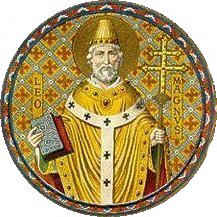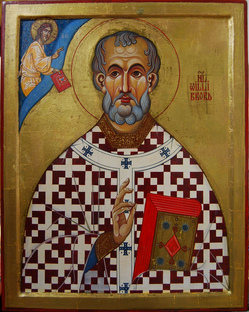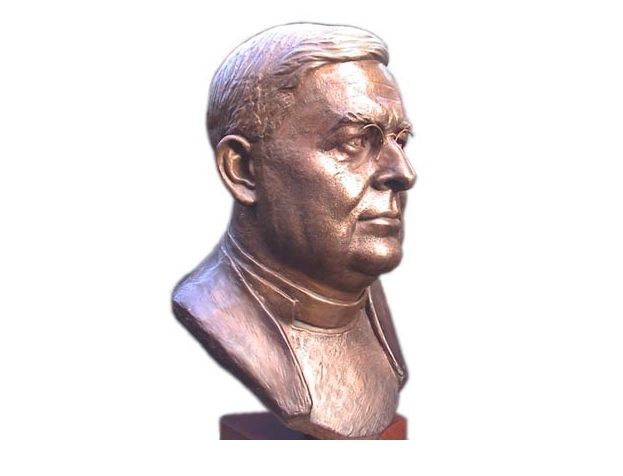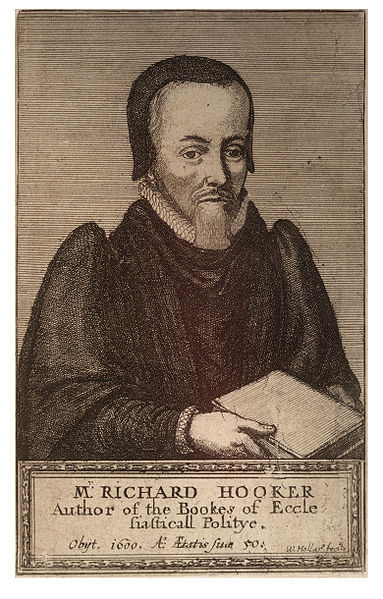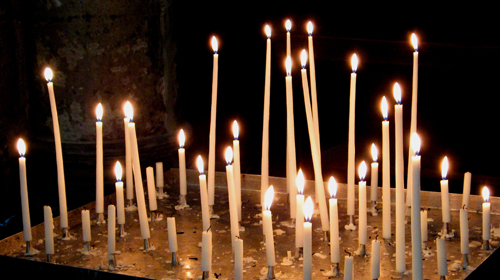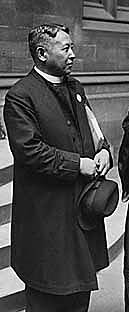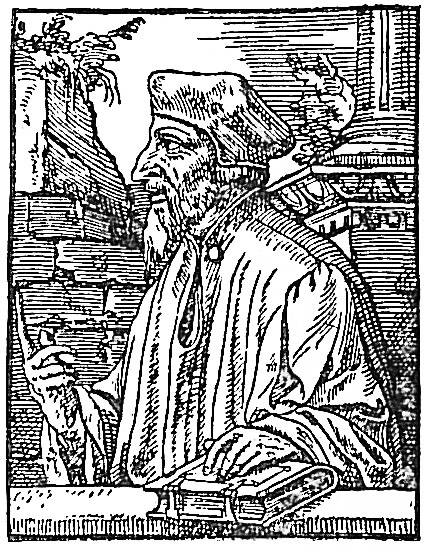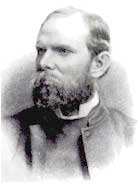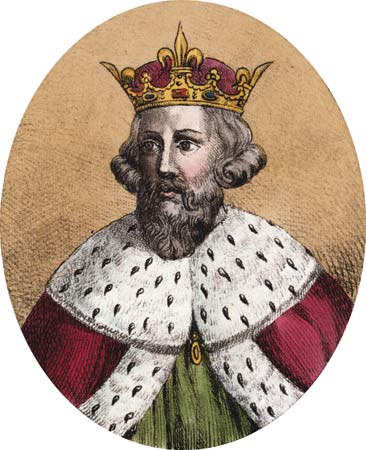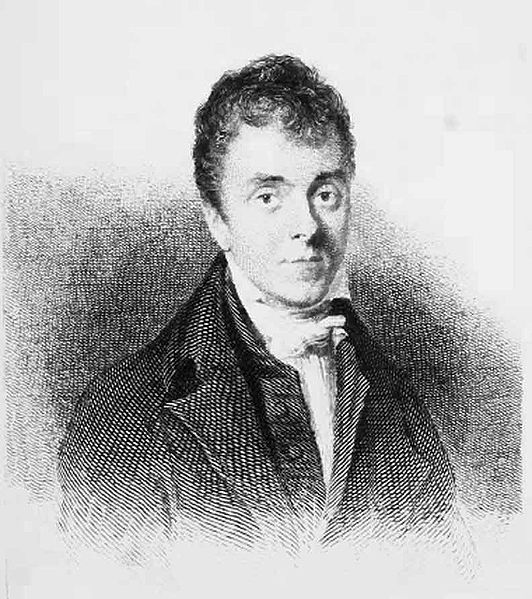Welcome to the Holy Women, Holy Men blog! We invite you to read about this commemoration, use the collect and lessons in prayer, whether individually or in corporate worship, and then tell us what you think. For more information about this project, click here.
About the Commemoration
When Leo was born, about the year 400, the Western Roman Empire was almost in shambles. Weakened by barbarian invasions ad by a totally inefficient economic and political system, the structure that had been carefully built by Augustus had become a chaos of internal warfare, subversion, and corruption.
The social and political situation notwithstanding, Leo received a good education, and was ordained deacon, with the responsibility of looking after Church possessions, managing the grain dole, and generally administering finances. He won considerable respect for his abilities, and a contemporary of his, Cassian, described him as “the ornament of the Roman Church and the divine ministry.”
In 440, Leo was unanimously elected Pope, despite the face that he was absent at the time on a mission to Gaul. His ability as a preacher shows clearly in the 96 sermons still extant, in which he expounds doctrine, encourages almsgiving, and deals with various heresies, including the Pelegian and the Manichean systems.
In Gaul, Africa, and Spain, Leo’s strong hand was felt as he issued orders to limit the powers of one over-presumptuous bishop, confirmed the rights of another bishop over his vicars, and selected candidates for holy orders. Leo’s letter to the Council of Chalcedon in 451 dealt so effectively with the doctrine of the human and divine natures of the One Person of Christ that the assembled bishops declared, “Peter has spoken by Leo,” and affirmed his definition as orthodox teaching. (See page 864 of the Prayer Book.)
With similar strength of spirit and wisdom, Leo negotiated with Attila when the Huns were about to sack Rome. He persuaded them to withdraw from Italy and to accept and annual tribute. Three years later, Genseric led the Vandals against Rome. Again Leo negotiated. Unable to prevent pillaging by the barbarians, he did dissuade them from burning the city and slaughtering its inhabitants. He worked, thereafter, to repair the damage, to replace the holy vessels in the desecrated churches, and to restore the morale of the Roman people.
Collects
I. O Lord our God, grant that thy Church, following the teaching of thy servant Leo of Rome, may hold fast the great mystery of our redemption, and adore the one Christ, true God and true Man, neither divided from our human nature nor separate from thy divine Being; through the same Jesus Christ our Lord, who liveth and reigneth with thee and the Holy Spirit, one God, now and for ever. Amen.
II. O Lord our God, grant that your Church, following the teaching of your servant Leo of Rome, may hold fast the great mystery of our redemption, and adore the one Christ, true God and true Man, neither divided from our human nature nor separate from your divine Being; through Jesus Christ our Lord, who lives and reigns with you and the Holy Spirit, one God, now and for ever. Amen.
Psalm 77:11-15
Lessons
Lamentations 3:22-33
2 Timothy 1:6-14
Matthew 5:13-19
Preface for the Epiphany
